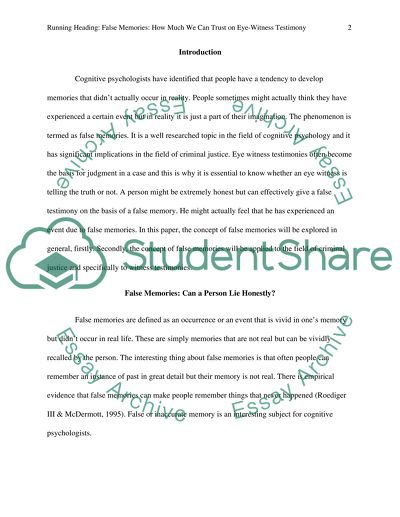Cite this document
(“Cog Project 6 Research Paper Example | Topics and Well Written Essays - 1250 words”, n.d.)
Retrieved from https://studentshare.org/psychology/1485915-cog-project
Retrieved from https://studentshare.org/psychology/1485915-cog-project
(Cog Project 6 Research Paper Example | Topics and Well Written Essays - 1250 Words)
https://studentshare.org/psychology/1485915-cog-project.
https://studentshare.org/psychology/1485915-cog-project.
“Cog Project 6 Research Paper Example | Topics and Well Written Essays - 1250 Words”, n.d. https://studentshare.org/psychology/1485915-cog-project.


